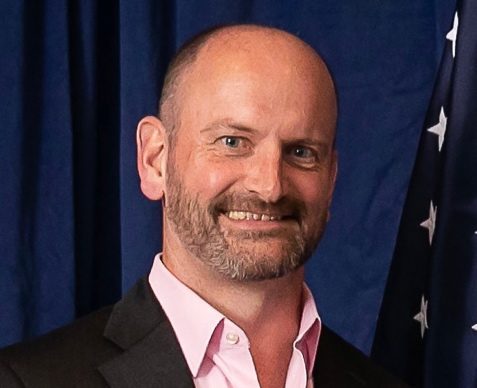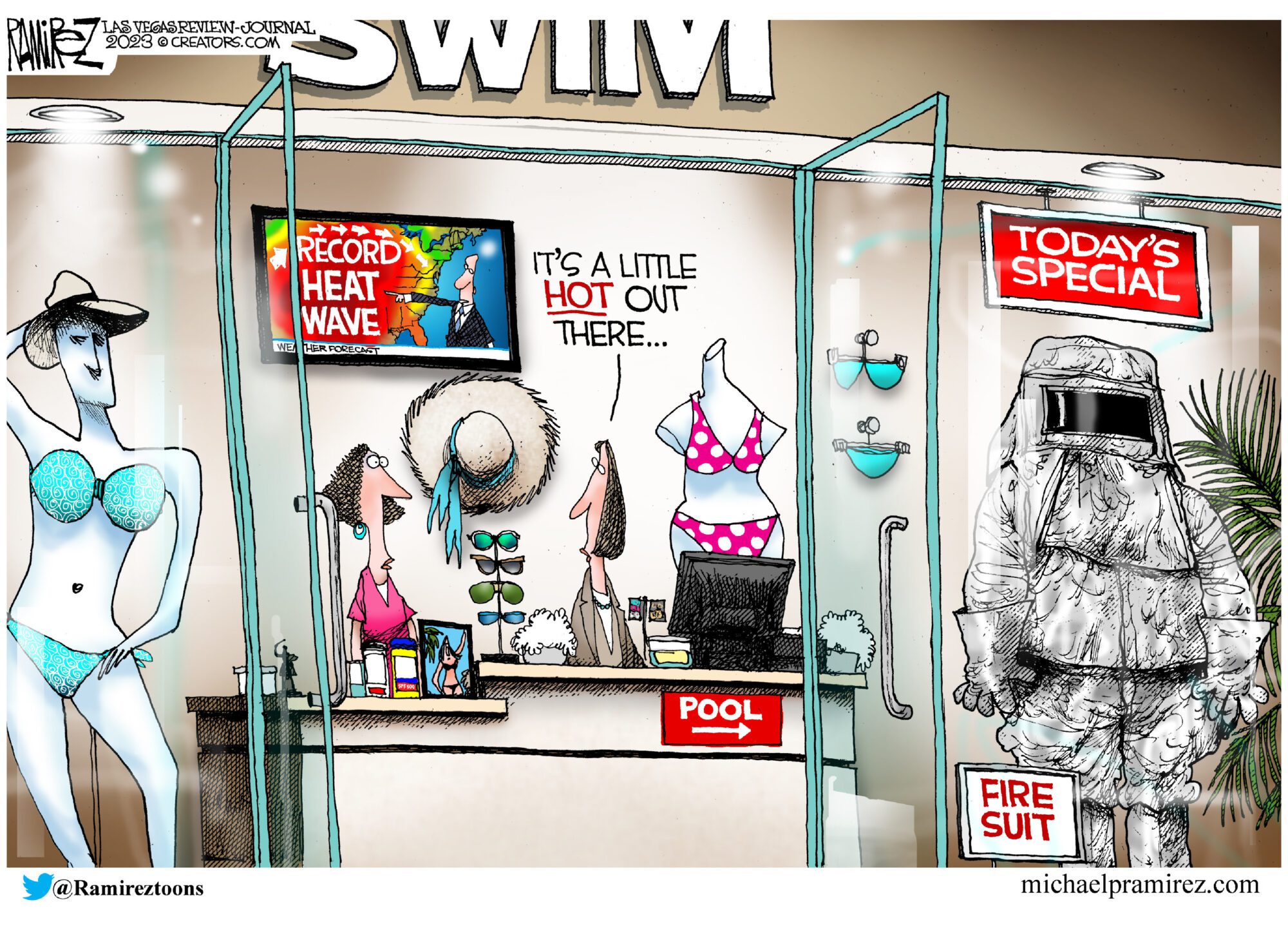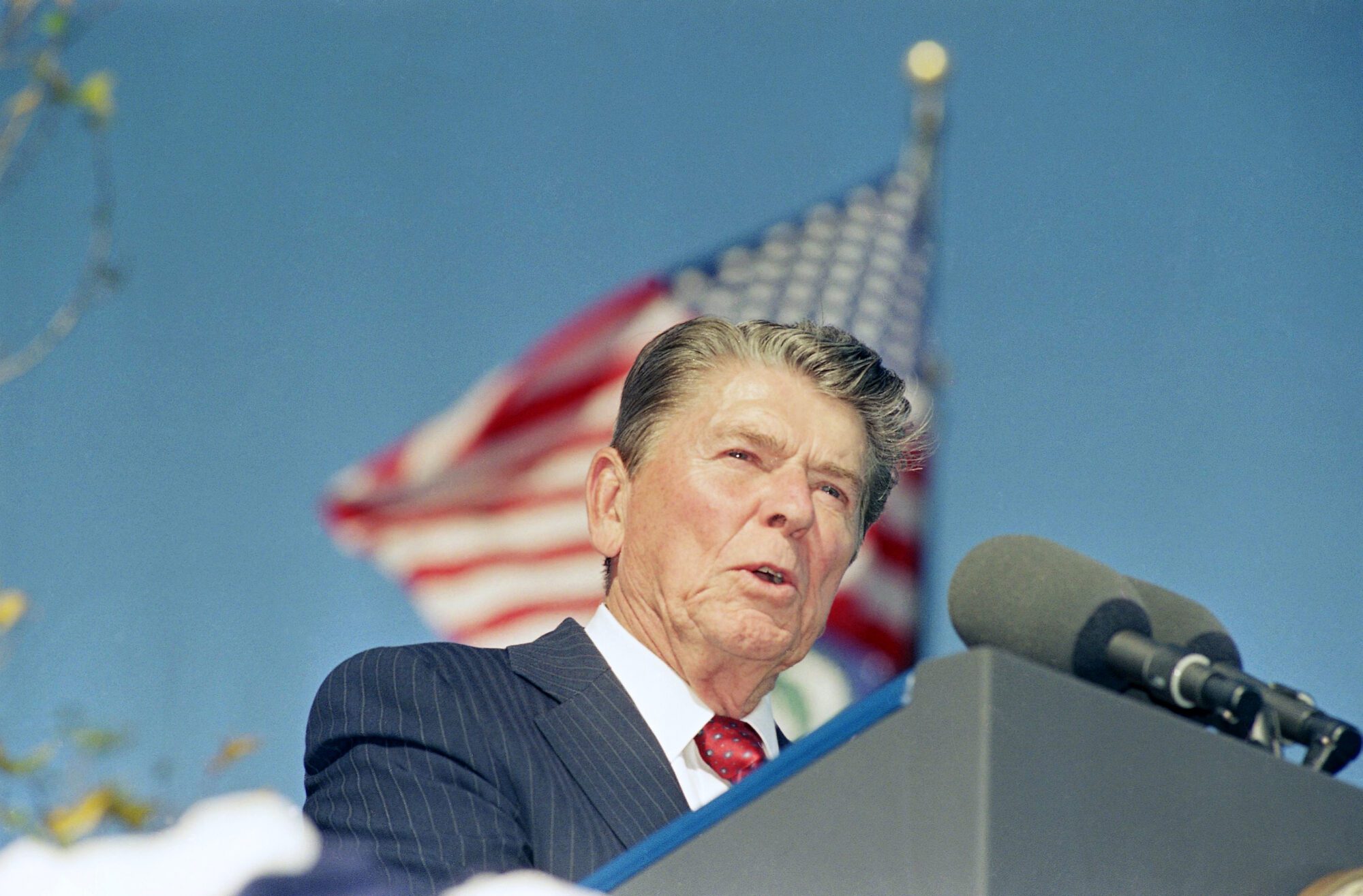
Douglas Carswell
Mississippi Center for Public Policy head Douglas Carswell shares his opinion on the proliferation of wokeness from America’s institutions of higher learning into mainstream culture.
For decades, many US universities were solid bastions of academic excellence, producing well-rounded citizens. Then suddenly, wham! They’re embroiled in a row about white privilege and the need to make reparations for the past.
What we once called “political correctness” has been a thing on certain progressive university campuses since the 1980s. But until relatively recently, extreme ideas more or less stayed there. Now it feels as if these radical ideas are moving mainstream.
As millions of Americans celebrated July 4th earlier this month, Ben & Jerry’s ice cream (owned by the international corporation, Unilever) put out a tweet claiming that the United States “exists on stolen land,” which should be “returned.”
Not long before that, one of Bud Light’s marketing executives talked about the need to distance the brand from “frat guys,” and embrace “inclusivity.” Their campaign certainly seems to have cost them the “frat guys,” without perhaps including as many new transgender customers.
Reports suggest they lost about a third of their sales. Not long before that, there was Disney, a leading family entertainment business in America, which decided to take a radical stance on social issues in Florida that many families might object to.
Espousing “woke” ideas might enable a certain sort of not-very-bright academic to appear cleverer than they actually are. But why indulge these ideas in the world of business? What possesses an established company to suddenly embrace an ideological stance almost designed to offend millions of potential customers?
Initially, I assumed that it was all part of a cunning marketing plan. Now, I wonder if it is arrogance coupled with a blind adherence to ideology.
To understand why some people go woke, perhaps we should try to understand something about the nature of the “woke” belief system in the first place.
Those that are “woke” are called “woke” because they see themselves as having woken up to the way that the world actually works – hence the name. According to their self-image, they have a heightened awareness of social injustice. So much so, in fact, that they have an understanding of the world around them that others do not have.
A defining characteristic of being “woke” is to have a sense of moral superiority over those that are unwoke. It is this sense of moral superiority, I believe, rather than any carefully thought through marketing campaign, which explains why some marketing executives run such gratuitous campaigns.
“Woke” ideology is really a belief system, rather like a religion. Indeed, for many of its adherents, “woke” ideology has become a kind of post-religious religion. “When a man stops believing in God,” wrote GK Chesterton, “he doesn’t then believe in nothing, he believes anything.”
For the past half-century, there has been a decline in traditional religious observance throughout the Western world. The cult of woke has come along as the belief system for those who no longer believe.
“Woke” ideas give people a way of making sense of the world – however absurd it might seem to the rest of us. “Woke” ideology places everyone into a hierarchy of victimhood. Those with certain immutable characteristics are deemed “oppressors,” and those with others are deemed the “oppressed.” It is your so-called “intersectional identity” that determines where you sit in the hierarchy of victimhood – and fundamentally, your moral worth.
Once you see the world this way, politics ceases to be a matter of personal preference or opinion. Instead, it becomes a choice between absolute right versus absolute wrong.
Marketing ceases to be a matter of trying to maximize sales and revenue. It becomes a chance to demonstrate your absolute righteousness, even at the expense of telling your customers they are bad.
Saddest of all, those that join the cult of woke all too often stop seeing friends and family as an assortment of people, with mixed tastes and opinions, bound by love. Instead, those that are not part of the cult of inclusivity and tolerance must be cut off.
If the “woke” creed resembles a religion, it is one that does not seem to offer much hope of redemption. Those that fall short get canceled.
According to the cult of woke, socioeconomic outcomes in America are not explained by differences in individual aptitude or behavior. They are explained by the unfairness of “the system,” which the “woke” believe is inherently immoral and wrong.
Once you start to see the world that way, you don’t just start to believe that America is always in the wrong. Like every bloody revolutionary from the Jacobins to the Leninists, you start to believe that you need to tear down what exists and start again.
“Woke” ideas are not merely an annoyance or an irritation. They are a profoundly malevolent belief system that unless tackled, risk tearing the American Republic apart.
It is encouraging that we are starting to see consumer boycotts against “woke” corporations, but we need to see much more of it. I have been impressed with Vivek Ramaswamy’s campaign against “woke” investment managers on Wall Street. This could be the start of something big.
Here at the Mississippi Center for Public Policy, we run a Leadership Academy designed as an antidote to “woke.” We introduce young Mississippians to the idea that the free market and America are a force for moral good. We teach classes on why the United States is a profoundly moral achievement, and why Americans should take pride in their country and its (imperfect) past.
If we are to develop an effective antidote to the “woke” delusion, perhaps we must also recognize that human beings need to believe in something bigger and better than themselves. If we do not offer them a good and true belief system, they will latch on to one that is malevolent and false.









